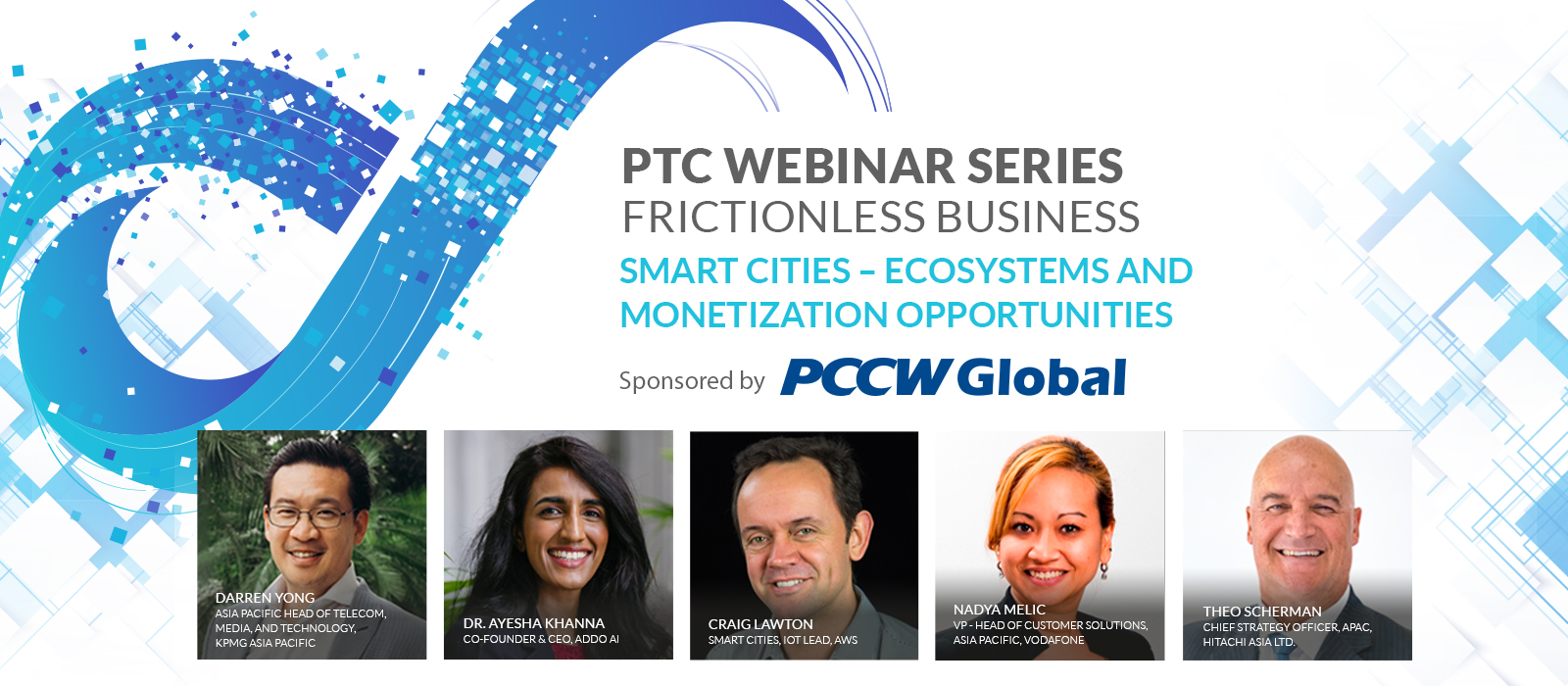 Smart cities are less about technology and more about how companies interact with citizens to improve the quality of people’s lives using data sets and platforms to make more collaborative ecosystems and solutions. The panel focused on the citizen: where they interact and build meaningful and enhanced connections is critical.
Smart cities are less about technology and more about how companies interact with citizens to improve the quality of people’s lives using data sets and platforms to make more collaborative ecosystems and solutions. The panel focused on the citizen: where they interact and build meaningful and enhanced connections is critical.
With the understanding of the citizen and how smart city interactions can create value for them in their environment, it provides the opportunity to build ecosystems with partners, data models, and regulation that is required to make smart cities possible. Due to COVID-19, we have seen areas like transportation, home working environments, and retail sectors impacted. Enterprises need to look at where citizens need help now and how revenue opportunities can enhance the ROI of business cases.
With new experiences and access to data in a smart city environment, there is a greater focus on monetization. The panel has seen the move away from cost savings to revenue generation opportunities – saving 14% on operational expenses versus new revenue opportunities that could cost five times more. Clients are willing to pay for services if the experience is right, and hence the opportunity for companies to focus on service-oriented revenue streams.
Emerging technologies such as 5G will enable smart cities with high velocity and low latency communication. There will be opportunities in manufacturing infrastructure, autonomous vehicles, and bridging accessibility and the digital divide. Companies will need to work with partners and co-create with clients to be part of an ecosystem that works in a smart city environment.
So what will telcos need to do to get ready for smart cities? Panelists say shifting data and workload to the cloud is key. This enables data to be readily accessible to bring value to the citizen with a focus on telcos own digital transformation. Organize information, experiment with different use cases, and work with partners to bring these experiences to the citizen.
The need for security and privacy will continue to be a concern for all, and with the merging of information technology (IT) and operational technology (OT), there are ongoing needs to ensure these areas are addressed in future operating modes and ecosystems. The key to managing data is anonymizing data to support migrations and ongoing operations.
The main takeaway for companies wanting to get into smart cities is ensuring your organization has a data-first mindset by connecting data in new ways of engagement. Embrace change but ultimately focus on people and improving their lives.
View the June webinar “Smart Cities – Ecosystems and Monetization Opportunities ” here:
Featured panelists:
- Dr. Ayesha Khanna, Co-Founder & CEO, ADDO AI
- Craig Lawton, Smart Cities, IoT Lead, AWS
- Nadya Melic, VP – Head of Customer Solutions, Asia Pacific, Vodafone
- Theo Scherman, Chief Strategy Officer, APAC, Hitachi Asia Ltd.
We welcome any thoughts and comments on your experience watching this session as PTC aims to continue this outstanding webinar series promoting dialogue exchange and cooperation.
Be sure to mark your calendar for next month’s webinar “How B2B Sales Will Change Post-COVID-19” on Wednesday, 21 July 2021 at 14:00 Hawaii Standard Time.
To learn more about the upcoming PTC Webinar Series, please visit https://www.ptc.org/ptc-webinar-series/#upcoming.







